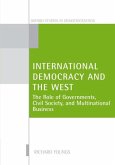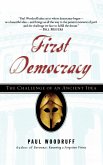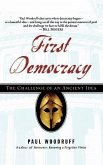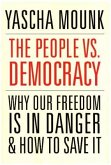Written by a distinguished Brazilian academic with effective political experience in reforming the state, this is an innovative analysis of the effects of public management reform on the new state of the twenty-first century. The result is essential reading for all those with an interest in globalization, the politics of the state, and government reform.
Building the Republican State is an insightful analysis of the new state and the new public management that is emerging in the twenty-first century. It presents the historical stages that led to the modern state, identifies a crisis of the nation-state and its origins in a fiscal crisis and in globalization, and situates public management in the last phase - the social-liberal and republican state. To understand such stages the author develops the theory
of republican rights, as a fourth type of citizenship right, after the civil, the political, and the social rights.
The book contains an original model of reform, in which the roles of the state, the forms of ownership, the types of public administration, and the organizational-institutions indicated in each situation are put together. Additionally, the book discusses the political theories behind the reform, and its political implications. Throughout the book, the author underlines the complementary roles of markets and the state, and the importance of building state capacity to assure administrative
efficiency, always having in count the 'democratic constraint', i.e., the prevalence of the political over the economic realm.
This is essential reading both for those studying political theory and government reform, as well as for anyone interested in state politics and globalization.
Hinweis: Dieser Artikel kann nur an eine deutsche Lieferadresse ausgeliefert werden.
Building the Republican State is an insightful analysis of the new state and the new public management that is emerging in the twenty-first century. It presents the historical stages that led to the modern state, identifies a crisis of the nation-state and its origins in a fiscal crisis and in globalization, and situates public management in the last phase - the social-liberal and republican state. To understand such stages the author develops the theory
of republican rights, as a fourth type of citizenship right, after the civil, the political, and the social rights.
The book contains an original model of reform, in which the roles of the state, the forms of ownership, the types of public administration, and the organizational-institutions indicated in each situation are put together. Additionally, the book discusses the political theories behind the reform, and its political implications. Throughout the book, the author underlines the complementary roles of markets and the state, and the importance of building state capacity to assure administrative
efficiency, always having in count the 'democratic constraint', i.e., the prevalence of the political over the economic realm.
This is essential reading both for those studying political theory and government reform, as well as for anyone interested in state politics and globalization.
Hinweis: Dieser Artikel kann nur an eine deutsche Lieferadresse ausgeliefert werden.








